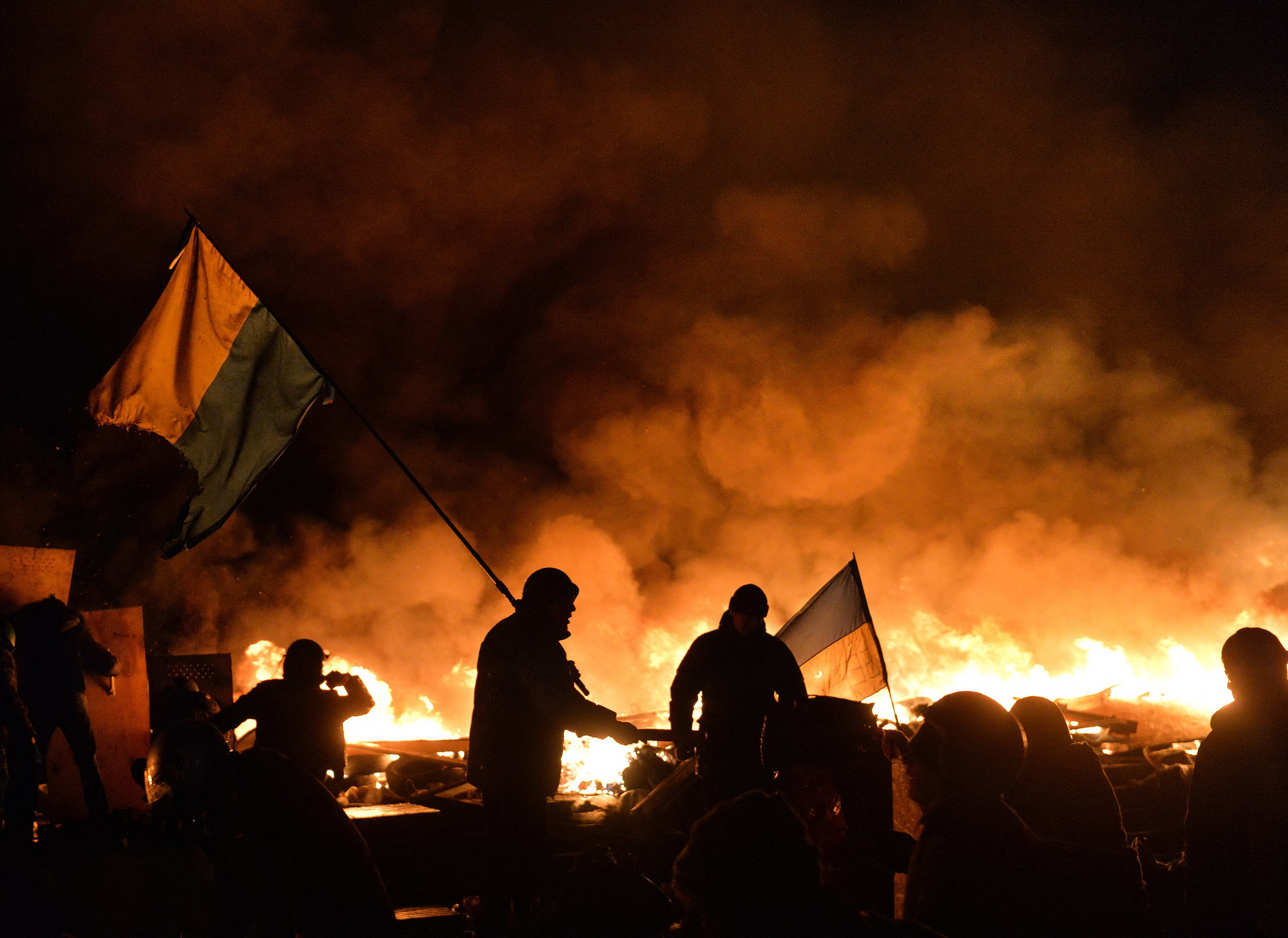ECHR rules Ukraine failed to prevent, investigate violence in Odesa in 2014

The European Court of Human Rights (ECHR) ruled on March 13 that the Ukrainian government failed to prevent and adequately investigate deadly clashes between the EuroMaidan supporters and opponents in Odesa in May 2014.
The ruling concerns seven applications filed by 28 individuals — 25 relatives of the victims and three survivors — between 2016 and 2018.
Forty-eight people died in the violence that erupted between the two camps on May 2, 2014. A group of pro-Russian activists attacked a pro-EuroMaidan rally but retreated to the Trade Unions House after the ensuing violence.
Forty-two of the EuroMaidan opponents died after the building caught fire as the two groups began throwing petrol bombs. Two pro-Ukrainian activists were also killed after suffering gunshot wounds.
The ruling noted "authorities’ failure to do everything that could reasonably be expected of them to prevent the violence in Odesa on 2 May 2014, to stop that violence after its outbreak, to ensure timely rescue measures for people trapped in the fire, and to institute and conduct an effective investigation into the events."
The ECHR noted that Russian propaganda helped to instigate the clashes but acknowledged the applicants' complaints that Ukraine failed to prevent the violence and adequately investigate it. The Ukrainian state was ordered to pay out compensations.
The plaintiffs included relatives of victims from both camps, all of whom accused the Ukrainian state of inaction.
Russian propaganda has heavily employed the violent episode in Odesa to vilify the EuroMaidan Revolution and falsely paint the movement as pro-Nazi and extremist.
The EuroMaidan Revolution began in November 2013 when people gathered at Maidan Nezalezhnosti, Kyiv's central square, to protest pro-Kremlin President Viktor Yanukovych's refusal to sign the long-awaited Association Agreement with the European Union.
Law enforcement officers, namely Berkut riot police, used violence to suppress the protests, including lethal force. More than 100 people were killed during the revolution, which culminated in Yanukovych fleeing to Russia.
"The Court noted that distortion of the events in Odesa had eventually become a tool of Russian propaganda in respect of the war waged by the Russian Federation against Ukraine since February 2022," the ECHR's ruling said.
"Enhanced transparency in the related investigative work by the Ukrainian authorities might have helped to prevent or counteract that propaganda effectively."
The court noted that the investigation should have been "carried out by an organ entirely independent from the police." At the same time, the ECHR dismissed allegations that the authorities were not impartial when investigating the deaths of EuroMaidan opponents and supporters.











